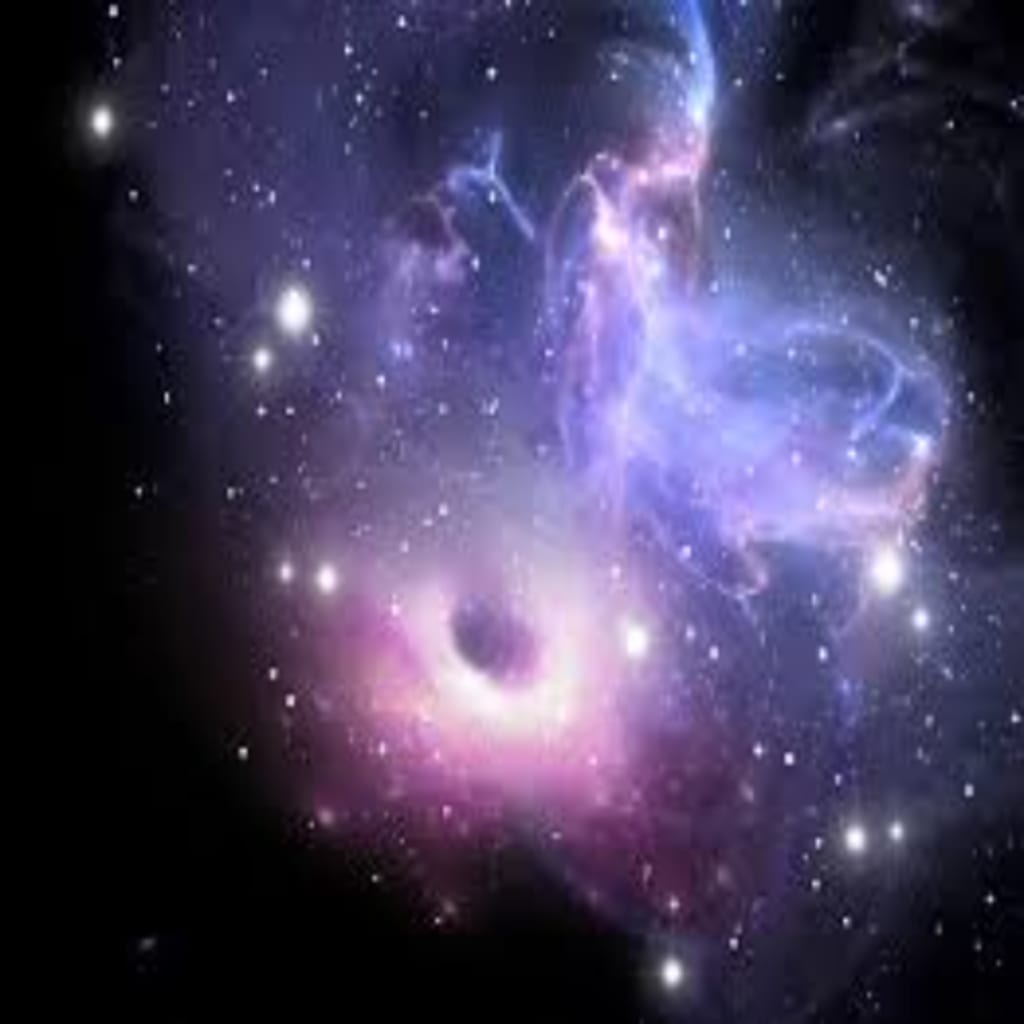BIG CRUNCH THEORY: THE END OF OUR UNIVERSE
Will this imply our fate of the universe?

The Big Crunch Theory has its roots in Einstein's theory of general relativity. Everything in life follows an ebb and flow, with one event leading to the opposite. The Big Crunch is when the universe will reach its largest size and begin to collapse in on itself. Ultimately, it will form a massive black hole containing all matter. Because of the conditions present at the singularity of size, everything will be squashed down to a minuscule size. This is why it's called the Big Crunch. So, it appears that the Big Crunch is possible and even probable, but there's a problem with those who dedicate their careers to exploring this question - we don't yet understand everything in the universe. A couple of unknowns could affect our ultimate fate, and one of them is its outward expansion. The more dense the universe is, the more gravitational forces take place. This on its own would mean that everything would eventually gravitate towards each other and the final Big Crunch becomes an inevitability. In space, there is no friction. However, gravity from the Big Bang counteracts the initial outward momentum. All matter returns to its origin. Observations of the universe show that things are not behaving as expected. The outer reaches are expanding faster than the closer ones. Galaxies are moving further apart. Scientists call this unknown entity dark energy. There are two potential outcomes: continued expansion or a Big Crunch. The amount of dark energy determines the outcome. If there is enough, everything will continue to expand. If not, gravity will bring everything back together. Some believe dark energy signals the beginning of the Big Crunch. However, a 2015 report suggests that the current expansion is the last gasp. Within billions of years, contraction will begin so. How might the Big Crunch come about? If we assume that there isn't enough dark energy and that the Big Crunch happens, it won't be as spectacular as the Big Bang was. The universe will begin to contract evenly because matter is more or less distributed consistently; it will be a slow process that will gradually pick up speed as galaxies get closer to one another and the forces of gravity have more of an effect in about a hundred billion years as things reach. This will result in stars exploding and vaporizing, and all objects will be broken down into their constituent atoms, which will begin to break apart in the final stages as all matter from the universe compacts into a small space. Some predictions suggest that space-time will become so warped that it will shatter into droplets, rendering all concepts of time, distance, and direction meaningless. Of course, no living organism would have been able to survive to this point in we would have all been doomed a long time before this so with our lack of full understanding of the processes taking place in the universe it's impossible to know for sure how everything will end one of the scenarios is the Big Crunch which will see every piece of matter returning to where it originated in and all that will remain to be an unimaginably large black hole. It could potentially see the birth of a new universe, but it's also possible that this has all happened before and we're living in just another in a long line of cyclical expansions and contractions. Only those of you who plan to live for billions of years need to be concerned about this. It's essential to emphasize that our understanding of the universe's fate is subject to ongoing research and observation. New data and discoveries might lead to revisions in cosmological theories, and other possibilities may emerge as more is learned about dark energy, dark matter, and the fundamental nature of the cosmos. Always refer to the latest scientific sources for the most up-to-date information on cosmology and the fate of the universe.
About the Creator
Subrat Parida
A postgraduate student in STEM. An enthusiastic and curious student to know and explore the science of the Universe.






Comments
There are no comments for this story
Be the first to respond and start the conversation.